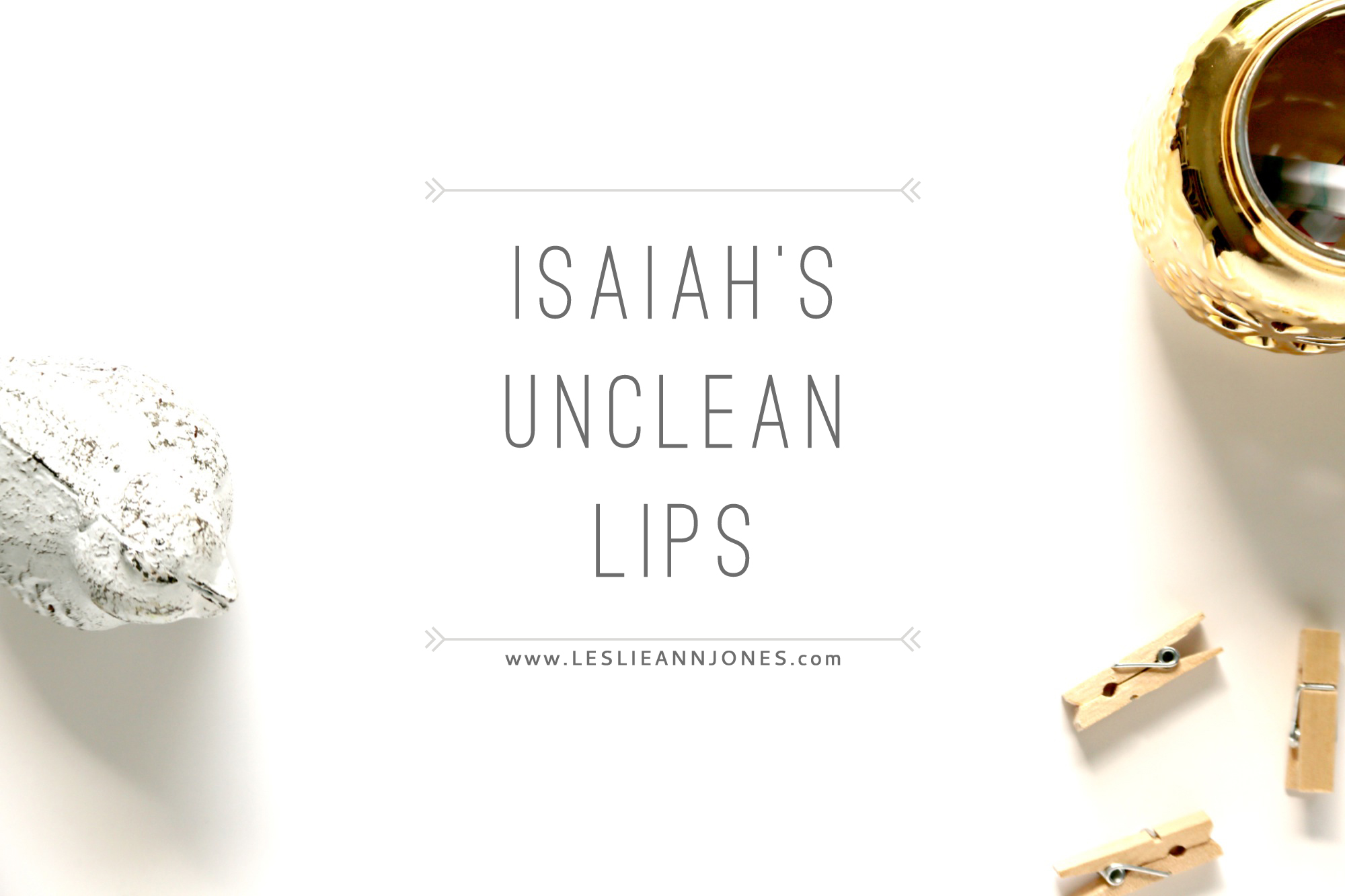My Hebrew class is translating passages from Isaiah, which is a bit of divine humor, since everywhere I turn around Isaiah is staring me in the face. Anyway, if you don't know much about it, Isaiah's one of the major prophecy books in the Old Testament. It's a sobering message to God's people about all the ways they have failed him. Even though they go through all the right motions of worship and sacrifice, it's all for naught because their hands are covered with the blood of the innocent. They refuse to take care of the orphans and widows in their midst, and they fail to be the bearers of justice, grace and mercy to vulnerable people. Therefore, they have failed to keep their end of the bargain with God (the one that they agreed to when God through Moses led them out of Egypt), and Isaiah delivers a scathing message of judgment and indictment to them. But the book is beautiful because it also testifies to God's mercy and grace. Even though these people, who are supposed to be God's own people, have failed so miserably, he preserves a repentant remnant. He restores them. So the book can be roughly divided into two parts: messages of condemnation and messages of consolation.
All of that to say that in one particular passage, Isaiah 6:1-7, Isaiah has this vision of God in the temple. And it's awe-inspiring. God is so big and mighty that the hem of his robe fills the temple. Angels are flying around overhead shouting praise to the Lord, an incessant chorus of "Holy, Holy, Holy is the Lord of Hosts!" Their voices are so thunderous that the temple starts shaking and quaking, and Isaiah's response is one of despair. He knows that he cannot see the Lord. He knows that he is not worthy to see the Lord. He knows that he is a part of this sinful and rebellious people. He knows that he is about to be destroyed. And he says, "Woe is me! For I am a man of unclean lips."
It's always struck me as interesting that Isaiah chooses his lips to talk about. He doesn't say that his heart is unclean, or his hands, or his mind, or his thoughts. He says that his lips are unclean. I think he says it because he knows that if he survives, he will have to tell people about this, and he cannot tell people about it because there are no words that accurately and fully capture all that he was experiencing. His lips cannot do the job that they must do. And then, one of the angels stops shouting praise, flies to the altar, takes a live coal and touches it to Isaiah's lips. "There," says the angel. "This has touched your lips. Your iniquity has been taken away, and your sin has been atoned for."
Just like that, Isaiah's lips have been restored. They have been transformed from unclean to clean, from unworthy to worthy, from unable to able. It's important because his mission, that he is about to receive from God, is one of speaking. He's to go and tell people the word of the Lord. He is God's messenger, and clean lips are necessary for him to be able to fulfill his task. God meets him at his point of inadequacy and provides him everything he needs to do the work that is before him.
That is where I am. I am part of the sinful. I am unable to tell people about God, to do the work that is before me, because my uncleanness renders me inadequate. The scope of the work before me blows me away. I cannot do it. I know that unless God enables me, my work will fall short of the mark. I know that only by his strength and power am I able to do what I do. I know that he will meet me at my point of inadequacy and provide me everything I need to do the work that is before me. By his grace, might and power, I will finish the work.

